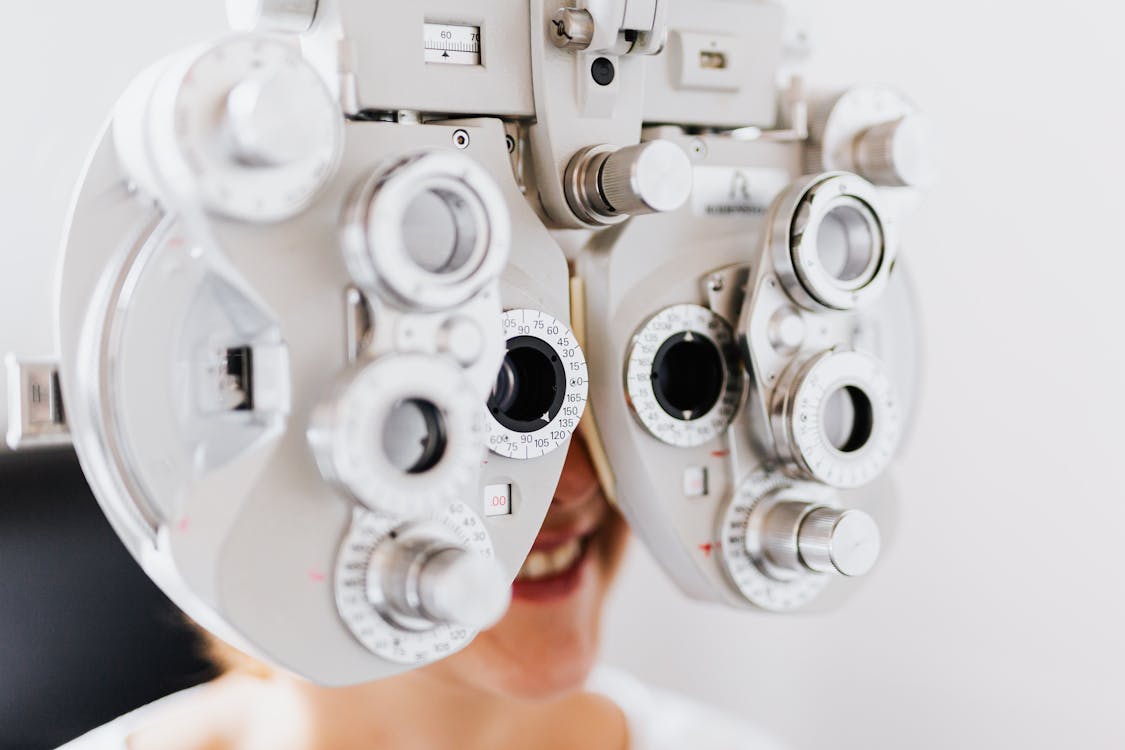Feb 2
2022
Does Medicare Pay For Routine Vision Care?

Medicare is a lifeline for millions of Americans, ensuring that they have access to all sorts of treatments, as well as things like prescription drugs and vital supplies to keep them healthy and happy.
Of course, several exclusions do not fall under the remit of this scheme, so it’s important to know the extent of the cover Medicare affords. Vision care is an area that deserves further investigation to ensure Medicare users understand what support they can seek.
The Basics
While some Medicare covers vision care, this is certainly not a standard inclusion. For example, you will need to pay for routine eye tests and the glasses prescribed as a result of an optician’s findings. Likewise, if you want to get laser eye surgery to address vision issues permanently, this will need to come out of your own pocket.
In short, if you are otherwise in good health and you want to get your vision checked, Medicare is not equipped to cover this.
The Exceptions
Despite the potentially bleak news so far, there are several scenarios in which Medicare does indeed allow patients to claim for the cost of vision care. For example, people who suffer from diabetes are eligible for a yearly eye test. This allows opticians to look out for the signs of diabetic retinopathy, which can impair vision in those who suffer from it.
Likewise, if you see a doctor and determine that you could be developing cataracts, Medicare will cover a vision exam specifically intended to look for this age-related condition.
Then if you do need to undergo cataract surgery to remove them, you will subsequently be able to claim an eye test as well as a set of glasses if these are necessary as part of your recovery.
Annual glaucoma tests can be leveraged by Medicare users at the upper end of the risk spectrum, including anyone for whom this condition runs in the family.
The Costs
As you might expect, even if you are eligible for some level of Medicare cover for routine vision care, there are still fees to pay as part of this agreement. In most cases, this means covering 20% of the total cost yourself, with your Medicare policy footing the rest of the bill.
Of course, this only applies if you are picking from glasses and lenses that fall within the bounds of those products approved by Medicare. You can splash out on more expensive equivalents, but you will be expected to make up the rest of the outstanding amount owed.
Likewise, if you need more vision care products in the future, these will have to be paid for in full by you. So look after your glasses if you don’t want to be hit by additional expenses further down the line.
The Associated Procedures
Routine vision care may not be featured as part of the standard Medicare insurance coverage. Still, more eye-related severe conditions can be eligible, in addition to the ones mentioned earlier.
For example, if your eye becomes infected, or you suffer from severe allergies that impact this area, then healthcare treatments needed to rectify such one-off or recurrent issues can be claimed under your Medicare policy. Likewise, if you injure your eye and need medical attention, this care will come within the bounds of Medicare Part B.
So there you have it; that’s about all you need to know about Medicare and how it relates to your eye health. This should help you choose the right treatment path for you.